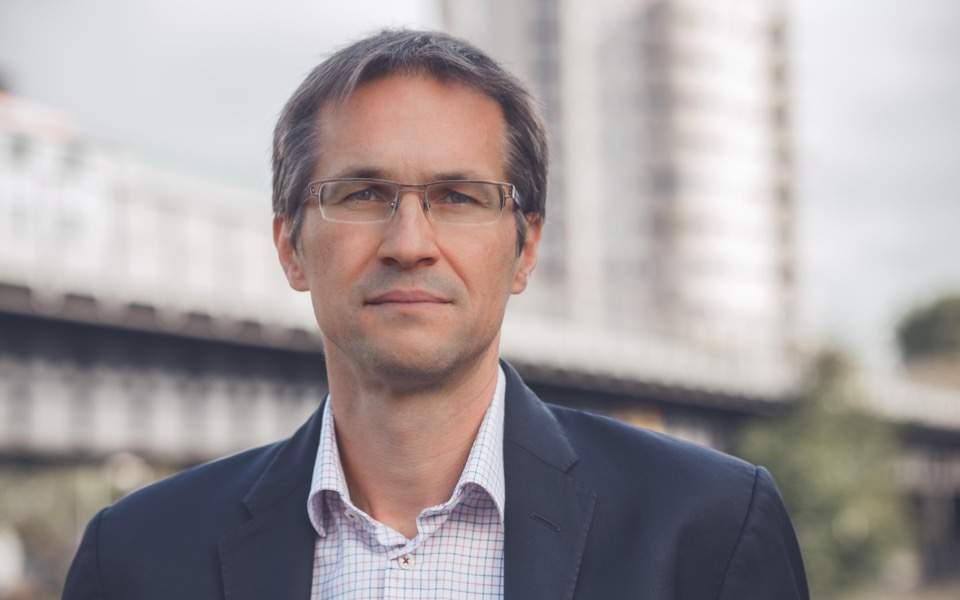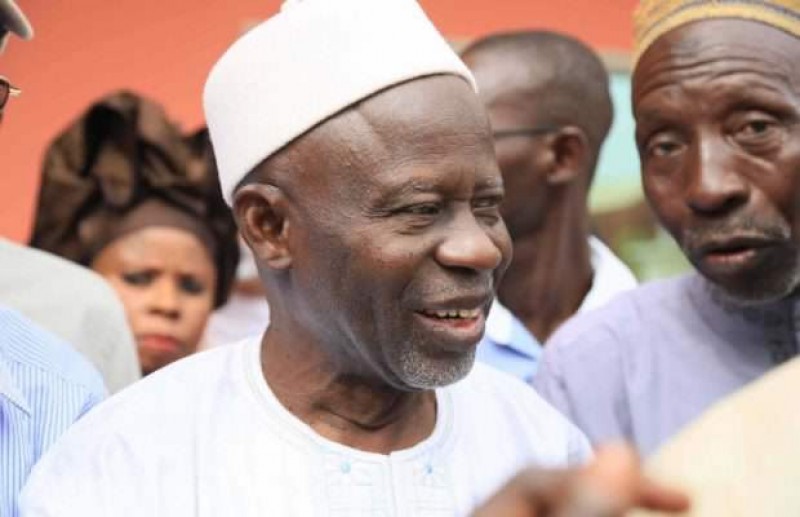By Saffiatou Fatty
A German base non-profit organization has revealed that The Gambia is among list of countries to be sanctions and restricted visa, if the government fails to corporate with the new EU immigration law to be enacted this year.
Gerald Knaus, Chairman European Stability Initiative, a German base non-profit organization made the disclosure at a press conference recently at a local hotel in Senegambia, revealing that new law is in response to the growing irregular migration crisis plaguing European countries.
“The new law at EU level is targeting countries that did not want to corporate with their EU policy; those countries will be punished with sanction of visa restrictions. The drafted law if implemented will be bad news for the Gambians and the government,” he said.
He calls on the government to speed up efforts to table negotiations with the German government to map out solutions.
He further government to reach out to the German authorities before the final implantation of the law.
“The Gambia government should negotiate and say no more mass returns, let’s negotiate on this platform” he pointed out.
According to Knaus, the EU initiative is engineering new policy plan proposal with European countries in the drive to mitigate better solutions, adding that their new policy plan is designed to map out migration crisis, and to devise strategies geared towards securing a win corporation between the Gambia and Germany.
He noted that the new policy approach will provide win cooperation between The Gambia and Germany.
He also described the conditions of undocumented Gambian immigrants in Germany as inhumane, calling on key drivers to mitigate their growing problems.
“So in the coming weeks, your government officials and also Gambian civil societies should reach out to the German authorities to negotiate to the level where it matters most, so that to seek out and solve the problems,” he pointed out.
For his part National Youth Council (NYC) Executive Director Lamin Darboe said their plan to the proposal is to devise new measures geared towards addressing the trend of irregular migration.
“I think the problem is known, we understand the risks challenges, we need to also find the solutions. Instead of putting all our energy on the problem, we need to also talk about the solution, and I hope we will be able to work together to find a solution,” Darboe pointed out.





